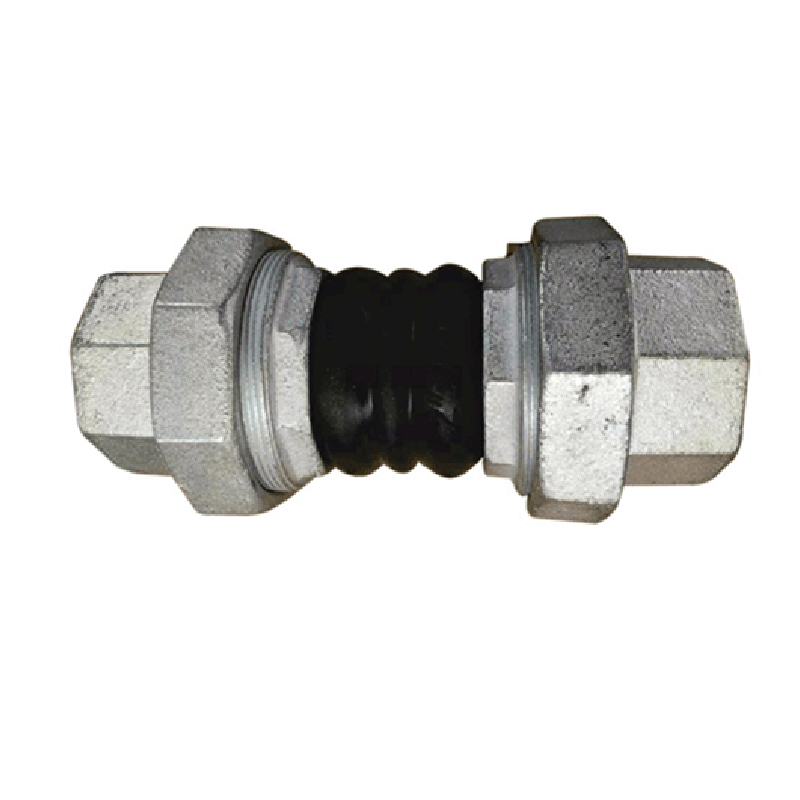നവം . 08, 2024 22:24 Back to list
Durable Cast Iron Valve Options for Reliable Industrial Applications and Systems
The Importance of Cast Iron Valves in Modern Industries
In the realm of engineering and industrial design, cast iron valves stand out as a crucial component widely utilized across various sectors. Known for their durability and resistance to corrosion, cast iron valves have become indispensable in managing the flow of liquids and gases in pipelines and systems. This article delves into the significance of cast iron valves, their applications, advantages, and considerations for future developments.
Understanding Cast Iron Valves
Cast iron is an alloy of iron that contains carbon and silicon, forming a robust and versatile material. The manufacturing process of cast iron valves involves pouring molten iron into a mold, allowing it to solidify and take shape. This process not only ensures high strength and durability but also allows for intricate designs that can cater to specific industrial needs.
Valves serve as critical control mechanisms in piping systems, regulating fluid flow, pressure, and direction. Cast iron valves include various types such as gate valves, globe valves, check valves, and ball valves. Each type has distinct functionalities suitable for different applications.
Applications of Cast Iron Valves
Cast iron valves find applications in numerous industries, including
1. Water Supply and Treatment Cast iron valves are extensively used in municipal water supply systems. Their robust nature withstands pressure fluctuations and ensures reliable operation in water treatment plants.
2. Oil and Gas In the oil and gas sector, these valves are employed in pipelines to control the flow of hydrocarbons. Their resistance to corrosion and high temperatures makes them ideal for such environments.
3. Chemical Processing Cast iron valves are crucial in chemical plants where they control the flow of various chemicals. Their ability to handle harsh conditions, including high pressure and aggressive substances, makes them a favored choice.
4. Agriculture In irrigation systems, cast iron valves help manage the distribution of water efficiently, ensuring that crops receive adequate hydration while minimizing waste.
5. HVAC Systems In heating, ventilation, and air conditioning (HVAC) systems, these valves help regulate the flow of refrigerants and water, contributing to energy efficiency and control.
cast iron valve

Advantages of Cast Iron Valves
The popularity of cast iron valves can be attributed to several advantages
1. Durability Cast iron is inherently tough, allowing valves to withstand high pressure and temperatures without compromising functionality. This durability translates to long service life and reduced maintenance costs.
2. Corrosion Resistance While cast iron can rust, most modern cast iron valves are coated or treated to enhance corrosion resistance. This property is crucial in environments where exposure to water or chemicals is inevitable.
3. Cost-Effectiveness Compared to other materials such as stainless steel or plastic, cast iron tends to be more affordable, making it an economical option for large-scale industrial applications.
4. Versatile Design The castability of iron allows for intricate designs and customizable solutions that can meet specific industry requirements.
5. Reliable Performance The robust construction of cast iron valves ensures reliable performance over time, which is essential for maintaining operational efficiency in industrial systems.
Considerations for Future Developments
While cast iron valves have proven effective throughout the years, it is essential to consider the ongoing advancements in materials and technology. The push towards more sustainable and environmentally friendly solutions may lead to the exploration of alternative materials that offer similar or improved properties without the environmental impact associated with mining and processing cast iron.
Additionally, as industries focus on automation and smart technologies, the integration of smart valves that incorporate sensors and IoT capabilities could revolutionize the way cast iron valves are utilized. These advancements could optimize performance, enhance monitoring, and reduce the chances of leaks or failures.
Conclusion
Cast iron valves play a pivotal role in various industries by facilitating the control of fluid flow in a reliable and cost-effective manner. Their durability, resistance to corrosion, and extensive adaptability make them an enduring choice for engineers and industrial professionals. As technology progresses, the future may bring innovations that enhance the capabilities of cast iron valves, ensuring they remain relevant in a continuously evolving industrial landscape. By recognizing their importance and potential for further development, industries can continue to benefit from the advantages that cast iron valves provide.
Share